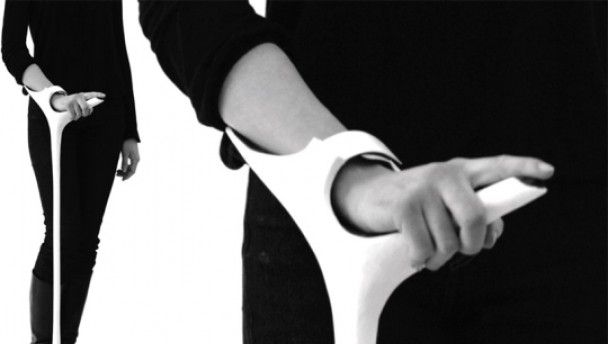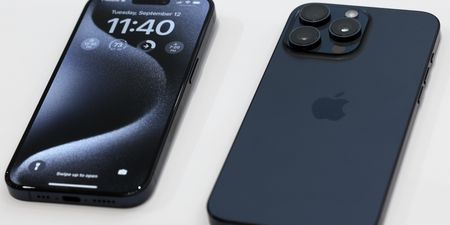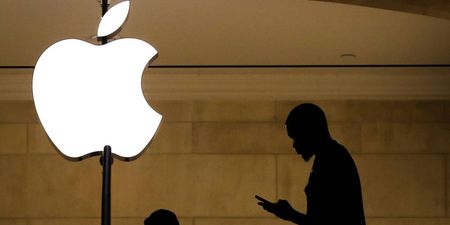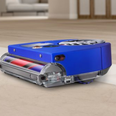Before The Aid, walking stick technology hadn’t moved too far along from rubber grips, so here’s to one brave Lithuanian’s attempt to revolutionise the market.
Remember last week’s stunning ‘Flexbook’ design concept? Designed by Hao-Chun Huang, the device’s 180-degree configuration meant it could be used as a tablet for simple browsing, a netbook work-related tasks and an e-reader for diving into a good book. And yet it didn’t win Fujitsu’s Design AWARD 2011.
Instead, the prestigious honour went to Egle Ugintaite of Lithuania, who won the grand prize of $42,000 for creating ‘The Aid’. But how could anything top a tri-function portable multimedia device?
Designed to provide a glimpse of “a life with future computing”, the stated goals of this year’s awards were to provide an easily functional creation that could be used and become second nature to people from all over the world.
With that in mind, The Aid reaches this aim more so than any other eye-catching design at the Japanese event.
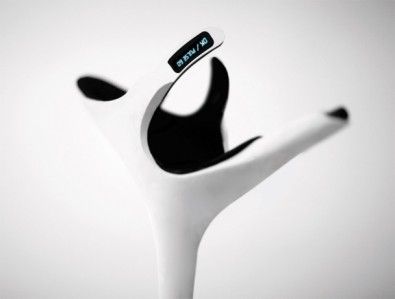
The sexiest walking stick we’ve seen this year? It’ll be tough to beat
The Aid has to be the world’s first ‘smart cane’, a walking stick that is so far ahead of what has been seen before that it simply beggars belief. Equipped with a small LCD display (pictured above) at its clasp, designer Ugintaite’s effort could change the day-to-day habits of its users and potentially save lives.
The Aid’s LCD screen displays a multitude of information through inward-facing sensors – everything from measuring the user’s pulse, blood pressure and temperature to basic navigation tools.
More importantly, the futuristic cane also features an SOS button, which when pressed, sends the user’s current health data and location to a dedicated help centre. Simply put, The Aid can send immediate help to those that need it straight away and also train its user to pay attention to their current health quite rigorously.
Aside from its highly successful appearance at Fujitsu’s award show, we can’t find any clear information on how far along The Aid is towards reaching consumer markets. Let’s hope its designer spends his $42,000 wisely.
[images via Designboom]
LISTEN: You Must Be Jokin’ with Conor Sketches | Tiger Woods loves Ger Loughnane and cosplaying as Charles LeClerc
